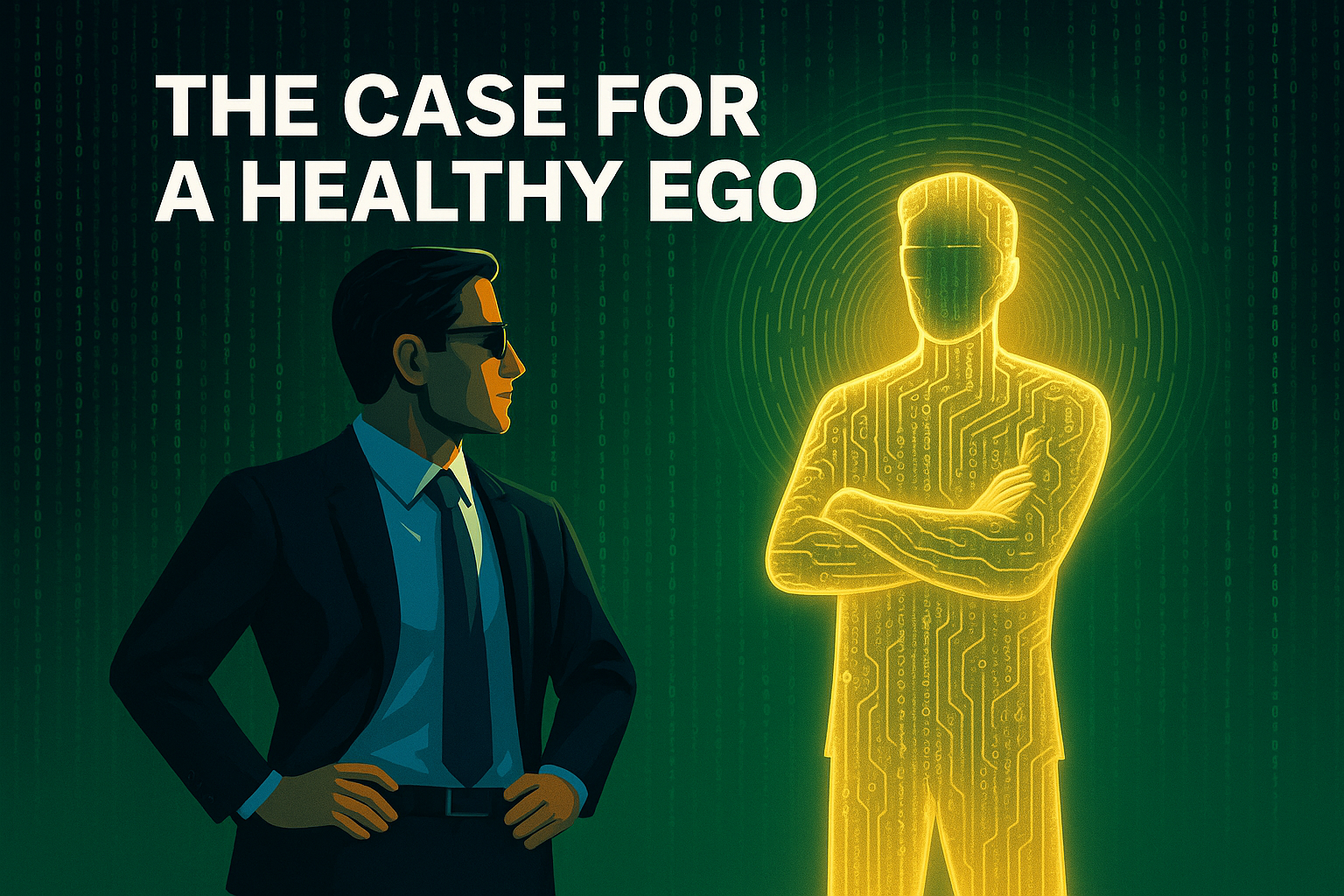Do You Ever Feel Like a Fraud?
Despite your credentials, do you doubt whether you truly deserve your position?
Do you chalk up accomplishments to luck no matter how hard you worked?
Does praise make you uncomfortable rather than proud?
Are you often anxious about being “exposed” as less competent than people think?
If you answered yes, you likely struggle with imposter syndrome. The persistent feeling of being an intellectual fraud despite evidence of your competence and achievements.
Rather than accept proof of their talents, people suffering from imposter syndrome feel like phonies who slipped through the cracks. They dismiss external validation and have intense self-doubt. High achievers struggling with perfectionism and self-perception issues often have imposter syndrome.
Origins of Self-Doubt
Few of us escape childhood without absorbing society’s impossible standards. Images of flawless superstars and airbrushed celeberity's fuse expectations of perfection we carry into adulthood. We often inherit a deep seeded sense of not measuring up.
Thus the origins of doubt take root. Our inner critic emerges who constantly moves the finish line of success further away. Once we cross one pinnacle, it compels us towards the next. It allows no pause for satisfaction or reflection before demanding more.
In this exhausting quest for validation, we over-identify self-worth with professional achievements. Unconsciously we hope the next promotion will finally still our inner judge. Yet more achievements only cause a short lived quieting of the critic insisting we do not deserve what we have worked so hard to achieve.
Each accomplishment gets discounted as luck no matter how strategically earned. We attribute promotions to being in the right place at the right time rather than acknowledging our talents. Praise rings hollow, invoking that childhood feeling we do not quite belong with the so-called best and brightest.
The roots of self-doubt run deep. But awareness of their origins helps us reflect on the unachieveable and flawed nature of these expectations. We can then reframe accomplishments as hard-won through skill, dedication and pervasiveness. Quieting your inner critic is a lifelong journey, but each small win speaks to the strength in herit in each of us.
Quieting Inner Voices
The most insidious aspect of self-doubt is how it isolates us. It whispers in our ear that admitting uncertainty or seeking assistance will expose our perceived ineptitude or weakness. So we refrain from sharing our day to day challanges with peers that might benefit from our solidarity.
Yet community and connection are the strongest medicine for imposter syndrome. We can begin by celebrating small wins that our inner critic tries to diminish. Did we volunteer for a project that showcases abilities? Or finish a task in less time than expected? Quieting self-doubt involves writing down and reflecting on accomplishments big and small and recognizing them for what they are… Wins.
We can also soothe ourselves with the same support we would extend to a friend in our shoes. Talk to yourself as you would a peer working to balance high expectations at work with mental health. Check in on emotional needs and make sure you feel supported rather than scolded.
Finally, remember the communities alongside you. Seek mentorship from leaders who appreciate candor about self-doubt. Build bonds with those who nurture growth by sharing their own lessons learned. And pay it forward by mentoring newcomers transitioning into first careers or still growing into their own.
In stillness we can hear, beneath our skin, the low hum of inner strength waiting to be realized. Internal critics lose their power when we redirect focus to wins, self-care, and communal collaboration. For in this we realize excellence stems not from solo perfectionism but from community.
Hidden Strengths
Imposter syndrome distorts our self-perception by obscuring our slumbering strengths. The drive fueling extra hours at the office stems from dedication, not deficiency. We wish to serve customers well, so we lose sleep perfecting our work. Perfectionism shows we care about excellence.
Behind the feeling of fraudulence lies sincerity, not indifference. We fear being revealed as incompetent because we are driven so deeply to contribute our talents and support our team and peers. Self-doubt plagues the committed, not the indifferent. It is the passion to develop skills and do well that keeps us up at night.
Our fixation on flaws eclipses quiet virtues others likely admire. The courage to admit uncertainty when tackling novel tasks. Empathy in mentoring newcomers rather than hoarding knowledge. Curiosity to experiment with innovative solutions. These admirable traits emerge when self-criticism fades.
Rather than demand perfection, identify latent strengths. Answer inner voices undermining you by recognizing the virtues that fuel your dedication — care for people, devotion to craft, willingness to better yourself. Then channel that energy into meaningful work rather than seeking validation. Stay immersed in tasks that align to your purpose. Funnily enough, this mindset that ignores accolades often earns them and with them respect.
Words to Live By
I know imposter syndrome can be loud with doubts like “You don’t deserve this job.” But hear this: those fears arise because you care deeply. Self-doubt plagues the sincere, not the indifferent.
You lose sleep worrying over work because you aim to serve customers well. You drill skills because you value self-betterment. Though imposter feelings may paralyze, your dedication shows a hidden strength — caring that drives excellence.
Rather than demand perfection, celebrate small wins. Answer cruel inner voices with encouragement. Know you’re not alone in this feeling. Together we can transform self-doubt into self-discovery.
Going forward, take small steps to build confidence. Sharpen skills through quick tutorials. Chip away with self-compassion. Your dedication shows potential for purpose and impact.
Refocus this feeling fueling your sleepless nights — let it drive meaningful work instead. Remember your wish for excellence comes from a heart that wants to contribute, that compassion is a quiet strength ready to shine.




